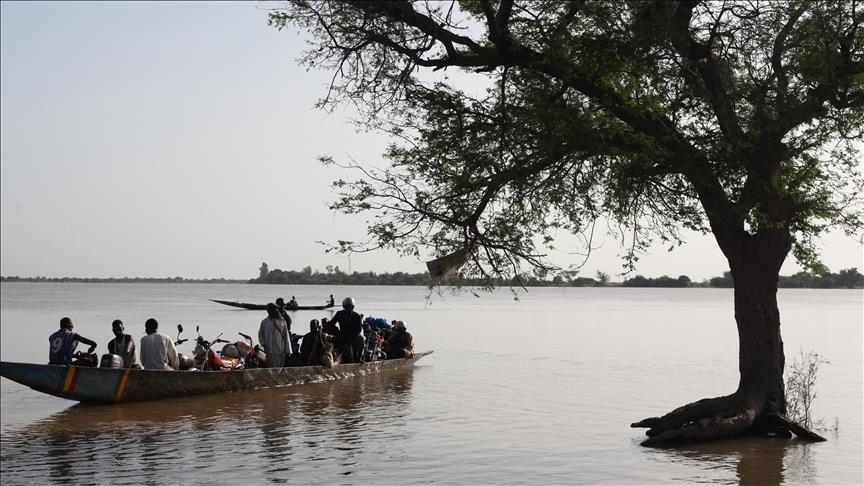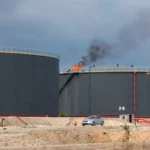A tragic boat accident in Nigeria’s Benue State has claimed the lives of at least 20 people, highlighting yet again the dangers associated with water transportation in parts of the country. The incident occurred when a wooden boat carrying passengers returning from a local market capsized in the Benue River near the Igatu region on Sunday.
According to the Benue State Police Command, 20 bodies have so far been recovered from the river while search and rescue efforts continue. Police spokesperson Catherine Anene confirmed the tragedy, noting that the boat was ferrying traders and other passengers home after a busy market day when the accident occurred. “Eleven people have been rescued and taken to the hospital for medical attention,” she said, adding that rescue operations are ongoing.
Boat accidents are not uncommon in Nigeria, particularly in inland water bodies like the Benue and Niger Rivers, which serve as key transportation routes for many communities. Poorly maintained boats, overloading, and a lack of safety measures—including life jackets—often contribute to such incidents, especially in rural areas where waterways remain a primary means of transportation.
Eyewitness reports suggest that the boat may have been overloaded, exacerbating the risk of capsizing. Local authorities are investigating the circumstances surrounding the accident, with preliminary findings pointing to a combination of strong currents and inadequate safety protocols.
“This incident is a tragic reminder of the need for strict enforcement of water safety regulations. Many of these accidents could be prevented if passengers and boat operators adhered to basic safety measures,” said Amina Yusuf, a transportation safety advocate based in Abuja. Yusuf emphasized the need for government agencies to invest in awareness campaigns, provide life jackets, and regulate the condition of boats operating on Nigerian waterways.
Rescue operations in the Igatu region are being conducted by local divers, state emergency services, and community volunteers. However, the lack of advanced rescue equipment and resources has slowed down efforts. The Benue River, one of the largest and most important rivers in Nigeria, can be treacherous during certain seasons, especially when water levels rise due to heavy rains.
Local communities have expressed frustration over the recurring nature of such tragedies. “We rely on these boats for our livelihoods, but every year we lose people to accidents like this,” said John Oche, a resident of Igatu. “We need better boats, and we need the government to make water transport safer for us.”
The Benue River and other inland waterways in Nigeria play a crucial role in commerce and transportation, particularly for remote communities with limited access to roads. However, the lack of infrastructure, combined with insufficient regulatory enforcement, has made these waterways dangerous for travelers.
In recent years, the Nigerian government has made efforts to improve waterway safety through the National Inland Waterways Authority (NIWA). However, progress has been slow, particularly in rural regions where enforcement of safety standards remains inconsistent. Many passengers continue to use wooden boats that are prone to capsizing, often without life jackets or safety equipment on board.
Transportation experts argue that addressing the root causes of these accidents requires a multi-faceted approach. This includes improving infrastructure, such as safer boats and better docking facilities, as well as providing training for boat operators and ensuring stricter enforcement of safety measures.














Leave a comment